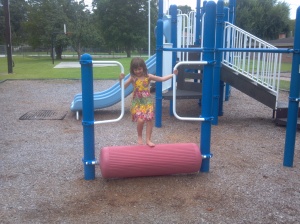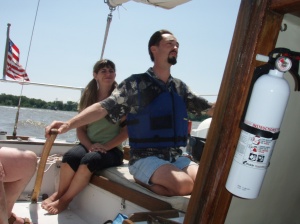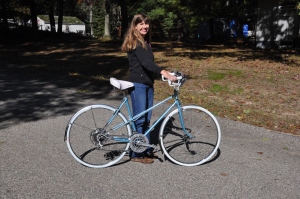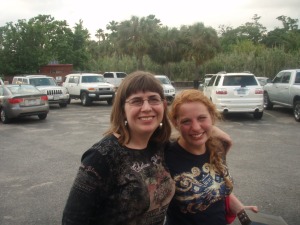In my first teaching job, we always began the year by setting a goal. We would write this goal on an index card and place it in an envelope. Midway through the year, this goal would turn up in our mailbox, so that we could monitor our own progress.
This was kind of an inside joke between my aide and me, because we always had the same goal: to be more positive.
It wasn’t that we didn’t take our goal seriously or try to be positive. It’s just that those pesky “negative” thoughts and words always crept in.
And it wasn’t only at work that this was happening. I noticed negativity in my conversations, in my self-talk, and in my mood, in all aspects of my life. And during my last winter living in the house in Michigan, I launched an all-out effort to change it.
How did I change it? I got up early and recited a positive poem to begin my day. I wrote a gratitude list. I watched subliminal videos with positive affirmations on You Tube. I read books about positive thinking. I recited mantras throughout my day. I wrote a list of everything I hated about myself and turned it all into the positive, opposite.
I sought to bombard my mind with positive messages, multiple times a day, so that there would be no room for the negative. And when I did have negative thoughts, I worked to replace them with positive thoughts, right away. I worked as hard as I could to fight against that toxic negativity.
And I failed, miserably. Changing my thoughts was never, could never be so simple.
After I abandoned my journey toward “positive thinking,” I began a new journey–the journey toward truly understanding my mind.
I learned that in my effort to only think positive thoughts, I was rejecting my own mind. Negative thoughts are an effort of the mind to communicate something, a cry for help. And I was attacking my mind for its cries, because they were “negative.”
The alternative course of action is to make peace with these cries for help, and to answer them.
This is what I learned in my journey to pursue that course:
1. Negative thoughts are often based on misunderstandings. When I attacked myself with my thoughts–when I called myself fat, stupid, or a failure–I was misunderstanding myself. There was something about me that I needed to look at more closely, a misunderstanding that I needed to clear up. Now, when I think poorly about myself or someone else, I gently ask my mind “why.” Why am I thinking that? In looking at the answer and clearing up the misunderstanding, I am able to stop a lot more of those thoughts than I was through “positive thinking.”
2. Negative thoughts can stem from neglecting our own needs. If I’m crabby about doing something, helping somebody, or going somewhere, I’ve found that it’s usually because I need to spend some time doing something I want. In some way, it’s because I need to spend time meeting one of my needs. Martyrdom and overextension breed such “negative” thoughts, which are really just the mind’s cries for help.
3. Hopelessness comes from misunderstandings and exhaustion. “It will never get better; why do I try?” is the mind’s way of saying, “I don’t know what to do, and I need a NAP!” Learning to relax, then think calmly about a situation has done a lot more to open up my creativity, than any positive affirmations ever did. And learning to ask for what I need, when I need it, has worked wonders toward stopping that feeling of overwhelm.
In the end, I learned that every negative thought has a purpose, and that simply trying to override them can never work in the long-term. By abandoning “positive thinking” and moving toward understanding, I have found my outlook to be sunnier and my mind to be calmer.

![DSC_0057[1]](https://myjourneytoithaca.files.wordpress.com/2014/12/dsc_00571.jpg?w=300&h=199)
![DSC_0064[1]](https://myjourneytoithaca.files.wordpress.com/2014/12/dsc_00641.jpg?w=300&h=199)































